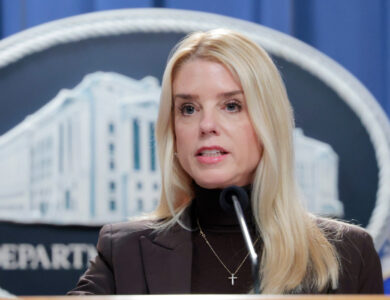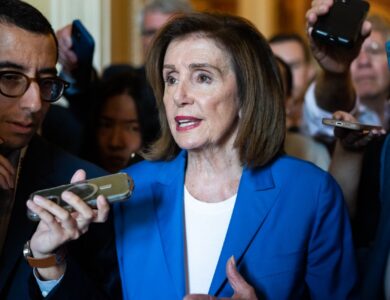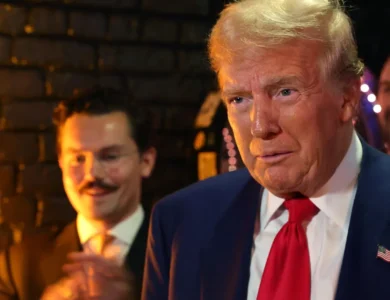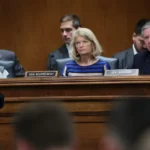Trump Official Taking Over DOGE From Elon Musk Is Revealed
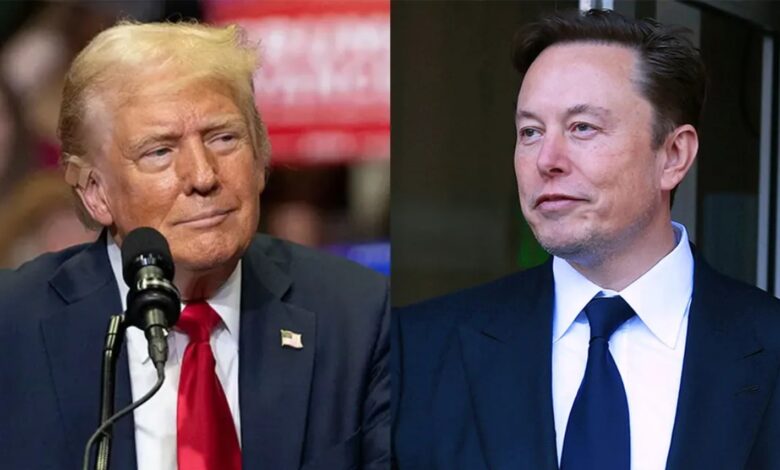
President Donald Trump’s senior budget officer is expected to take over operations at the Department of Government Efficiency once Elon Musk steps down.
Russell Vought, director of the White House Office of Management and Budget, will soon take on much of DOGE’s workload, including working with Congress to recoup funds, reclassifying federal employees, and advancing his proposed 2025 budget, which would significantly reduce government funding, according to the Wall Street Journal.
He has already acted as Musk’s lower-profile partner and praised his department’s efforts to reduce federal regulations, noting that President Trump has pledged to eliminate ten regulations for every one imposed.
However, Democrats are sure to be outraged by the appointment because Vought was a key architect of Project 2025, a hardline conservative manifesto that they claim is a roadmap for Trump’s second term.
Read more: BIG NEWS: House Votes on Bill Requiring Proof of Citizenship to Vote
It advocated for significant cutbacks to Social Security and Medicare, as well as the elimination of the Department of Homeland Security. Many leftist voters condemned the manifesto in the run-up to the presidential election, despite Trump’s attempts to dissociate himself from the text.
Still, Trump picked Vought as his main fiscal officer, and he is likely to carry out Musk’s draconian cutbacks to the federal government, which have sparked demonstrations as entire agencies have been shut down.
In the next months, DOGE is expected to focus on regulatory reduction in compliance with a February executive order that directed heads of government agencies to begin rescinding ‘unlawful rules.’
Vought is also anticipated to focus on Schedule F, an executive order issued by Trump during his first term that eliminated employment protections for thousands of high-level federal employees. The Biden administration stopped the directive, but Trump reissued it in January after retaking office.
The OMB director is also anticipated to urge Congress to act on Trump’s $9.3 billion rescissions package, which seeks to recoup monies from the State Department, USAID, National Public Radio, and PBS.
Read more: Trump GOES There – Blindsides Democrats With Amazing Legal Move
But his drive to cut the federal budget has landed him in the sights of his fellow Republicans.
Vought has set his goal to curb increases in military expenditure, a position that puts him in conflict with Defense Secretary Pete Hegseth.
Under Vought’s approach, increases in military spending would only occur because of a process known as budget reconciliation, rather than via the annual budget itself, which would maintain military spending at present levels.
Congressional Republicans, on the other hand, felt Hegseth had promised them that military expenditure would rise again in the following budget and were taken aback by the White House suggestion.
They are now concerned that obtaining only a one-time boost through the reconciliation process would leave the military short in the long run, and they blame Vought for the gap, according to the Journal.
The budget director has already stated that he wishes to prevent Democrats’ efforts to achieve parity, in which increased military expenditure is matched by an increase in domestic spending.
According to the Journal, one reason Vought prefers raising military expenditure is that it can be done through the reconciliation process rather than the budget process.
Read more: Trump Says He’s Confident Mike Johnson Will Remain Speaker
His original budget plan would reduce nondefense discretionary expenditure by $163 billion.
However, the proposal also suggested adding about $120 billion to pending legislation through reconciliation.
The budget director has already stated that he wishes to prevent Democrats’ efforts to achieve parity, in which increased military expenditure is matched by an increase in domestic spending.
According to the Journal, one reason Vought prefers raising military expenditure is that it can be done through the reconciliation process rather than the budget process.
His original budget plan would reduce nondefense discretionary expenditure by $163 billion.
However, the proposal also suggested adding about $120 billion to pending legislation through reconciliation.
